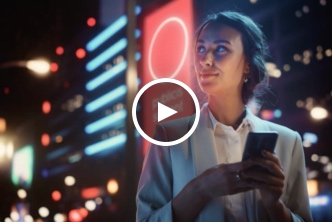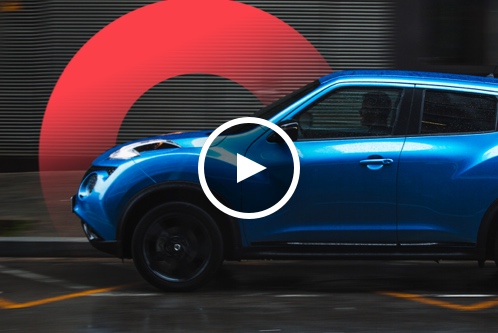Transportation & Mobility
Q&A With ChatGPT: How Generative AI Is Shaping the Future of Automotive
Generative AI is swiftly becoming an integral part of life and business, upending business models, accelerating digital transformation and modernizing organizations all while reimagining the future of work.
ChatGPT is an artificial intelligence chatbot built on a large language model (LLM). It’s a small yet significant part of the current generative AI ecosystem, able to have human-like conversations and assist with certain tasks.
Below, Publicis Sapient “interviewed” ChatGPT (GPT-4) to explore its role in the automotive sector relying on its prompt interface to generate answers, uncovering insights on how automotive companies can use ChatGPT to elevate their customer experience, stay ahead of the competition and drive revenue growth.
We recognize this is not a true form of interview.
Additionally, Publicis Sapient’s industry experts provided commentary on ChatGPT’s outputs and the impact of generative LLM’s on digital organizational transformation.

















